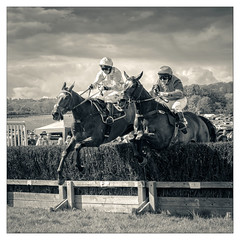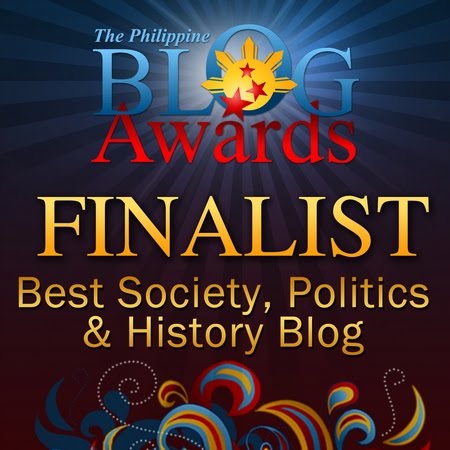Before I begin, I would like to apologize to Jon Royeca for not having responded immediately to his blogpost last September 13 which was his reply to my “Clarifying a misconception on the definition of ‘Filipino’” article because I’m still reeling from all this AlDub craze that’s sweeping the country (and, bit by bit, the world). Thankfully, Lola Nidora is now OK with Bae Alden and Yaya Dub seeing each other without any hindrance, so I believe this is the “tamang panahón” to answer him back.
By hinting that what I did last time was amateurish, I guess I have to be less courteous this time: the gist of Royeca’s understanding of the term Filipino is SHALLOW, I’m very sorry to say (I say this not to insult him; he simply inspired me to be frank). It’s as if he has already boxed himself to the shock of having encountered something “new”, i.e., Fr. Pedro Chirino’s definition of the word Filipino. There is more to it than that. But let’s first begin with his belittling of my use of Luis Rodríguez Varela’s poem “Qué Todos Seamos Buenos Filipinos“.
Royeca claims that “poems belong to the ambit of creative literature” and that “they can be purely fictional”. He “respectfully” added:
And so utilizing them as a source for one bold historical claim—like the peninsulares were the original Filipinos—is an amateurish and slapdash crack at historiography.
The above statement is merely his opinion, and I have to respect that no matter how condescending he may have sounded. Nevertheless, Rodríguez Varela’s poem was very much straight to the point. If only Royeca had an inkling of my language (Spanish), he should have realized that Rodríguez Varela made no hidden meanings in that poem. There were no ambiguities, no symbolisms, nor any other unfathomable forms of poetic diction. What you see is what you get.
Los primeros filipinos, vasallos son de Felipe. The first Filipinos were the vassals of King Felipe II.
These were Miguel López de Legazpi and those peninsular Spaniards, both military and friar, who were with him, who opted to stay here and die here. In effect, they ceased to become Spaniards. They became Felipenos or those who saw King Felipe II as their sovereign (in the same vein that the vassals of Carlos XI of Sweden were called Carolinos, the vassals of King Fernando VII Fernandinos, and so on and so forth).
Also, it is unfair to limit a historian to focus only on documents that have nothing to do with literature. Take, for example, a historian who wants to know more about the moods and sentiments of Filipino intellectuals towards the US invasion and occupation of Filipinas. Don’t tell me that the anti-US poetry of Claro M. Recto (“Oración Al Dios Apolo”), Cecilio Apóstol (“Al Yankee“), Jesús Balmori (“A Blasco Ibáñez“), and a host of others cannot be used as research material just because they “belong to the ambit of creative literature” (Royeca’s words).
And when I challenged Royeca to “point out any indigenous individual who called himself a Filipino during the Spanish times”, he answered back with “Jose (sic) Rizal and his fellow natives” which is, to borrow his words, a colossal blunder. The fact that I wrote indigenous individual in bold type and even underlined it is to emphasize something. Because, for sure, José Rizal was NOT an indigenous. He was a native of Filipinas but he was certainly NOT an indigenous individual.
To wit: indigenous and native may be slightly synonymous but are completely two different things. I am a native of Parañaque City but I’m certainly NOT an indigenous individual.
I trust that the historian in Royeca did no amateurish or slapdash crack in the comprehension of simple historical terms that experts like him should already know.
But Royeca, for FAILING to CATEGORICALLY define what a Filipino is, simply opted to beat around the bush. Nevertheless, I should not be too hard on him even if he belittled my use of poetry as a source material. After all, he has already boxed himself to the shock of encountering Fr. Chirino’s definition of Filipino. So I’ll just let him enjoy this refractory period of his.
Remember, boys and girls: declaring a historical evidence to the public to point out something is not enough. It always has to be interpreted with a good amount of critical thinking. And to end this, Royeca (and his partner Nonoy Regalado) should understand that IDENTITY has to stand on what you call YOURSELF and not what others CALL YOU.
AlDub You all,
Bae Pepe






